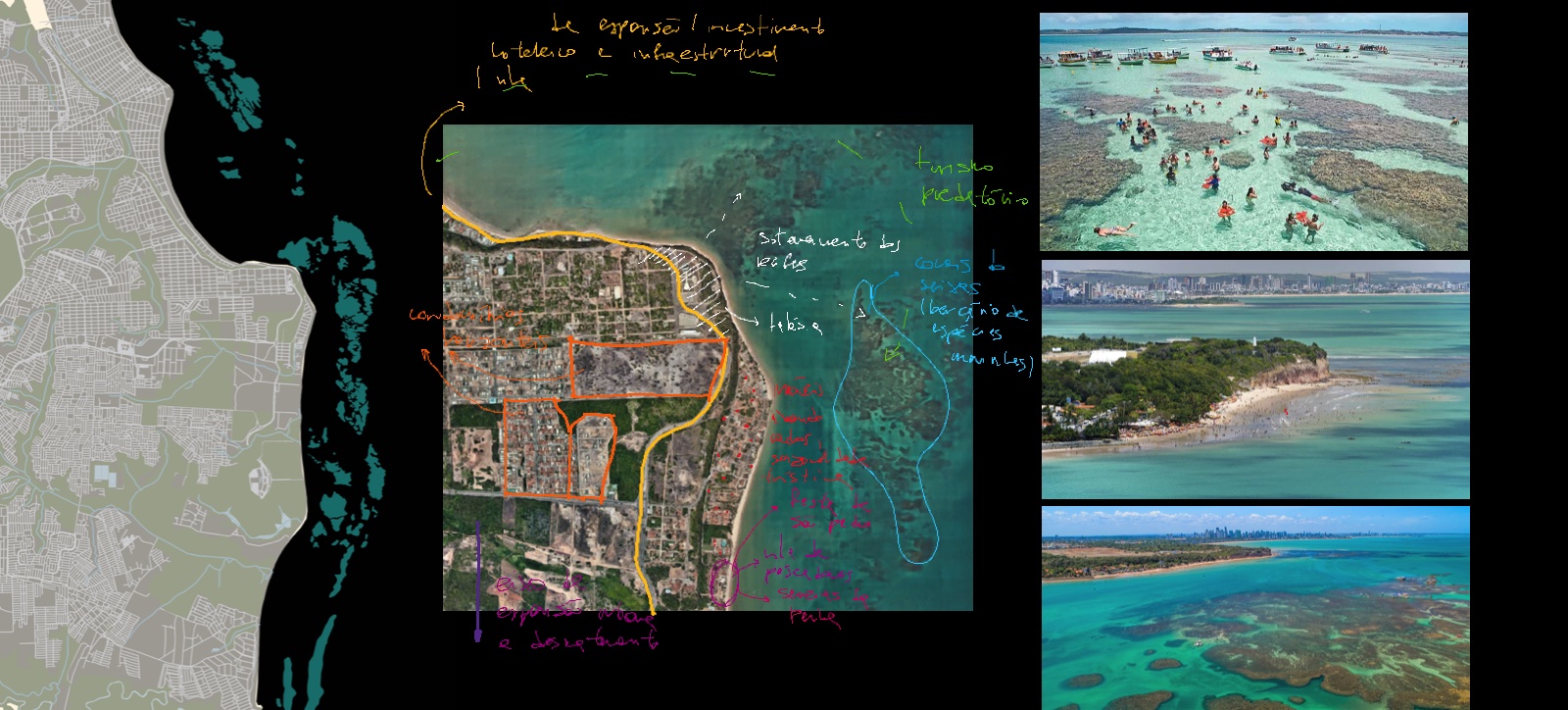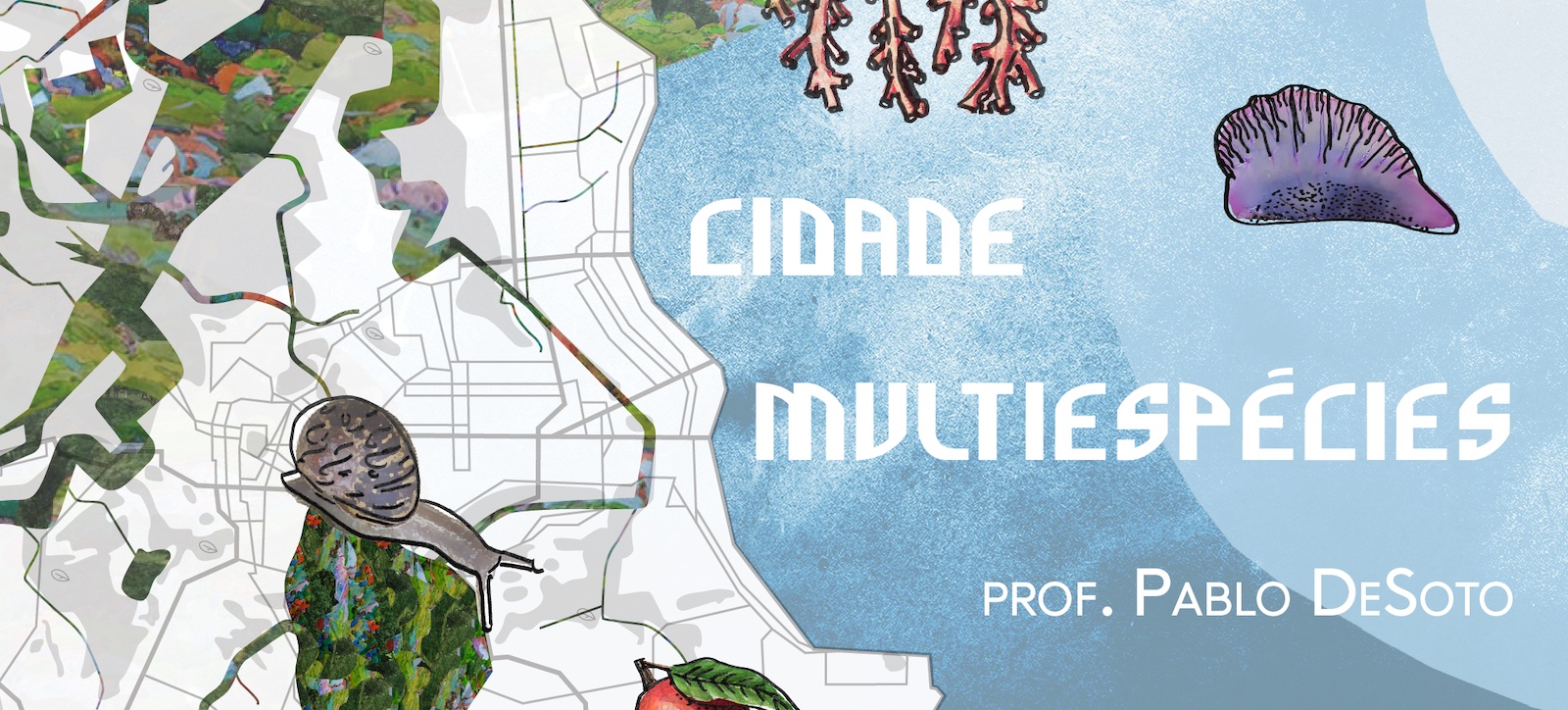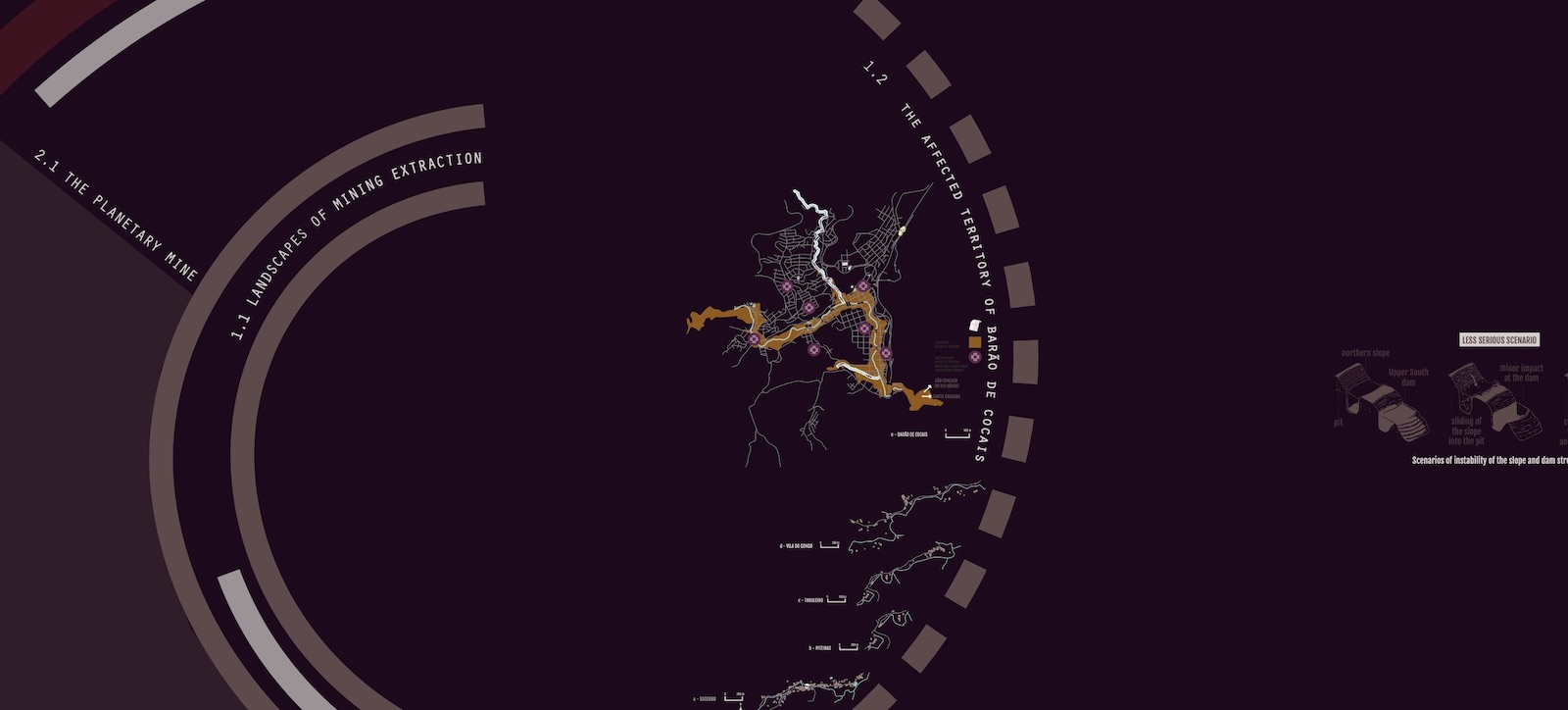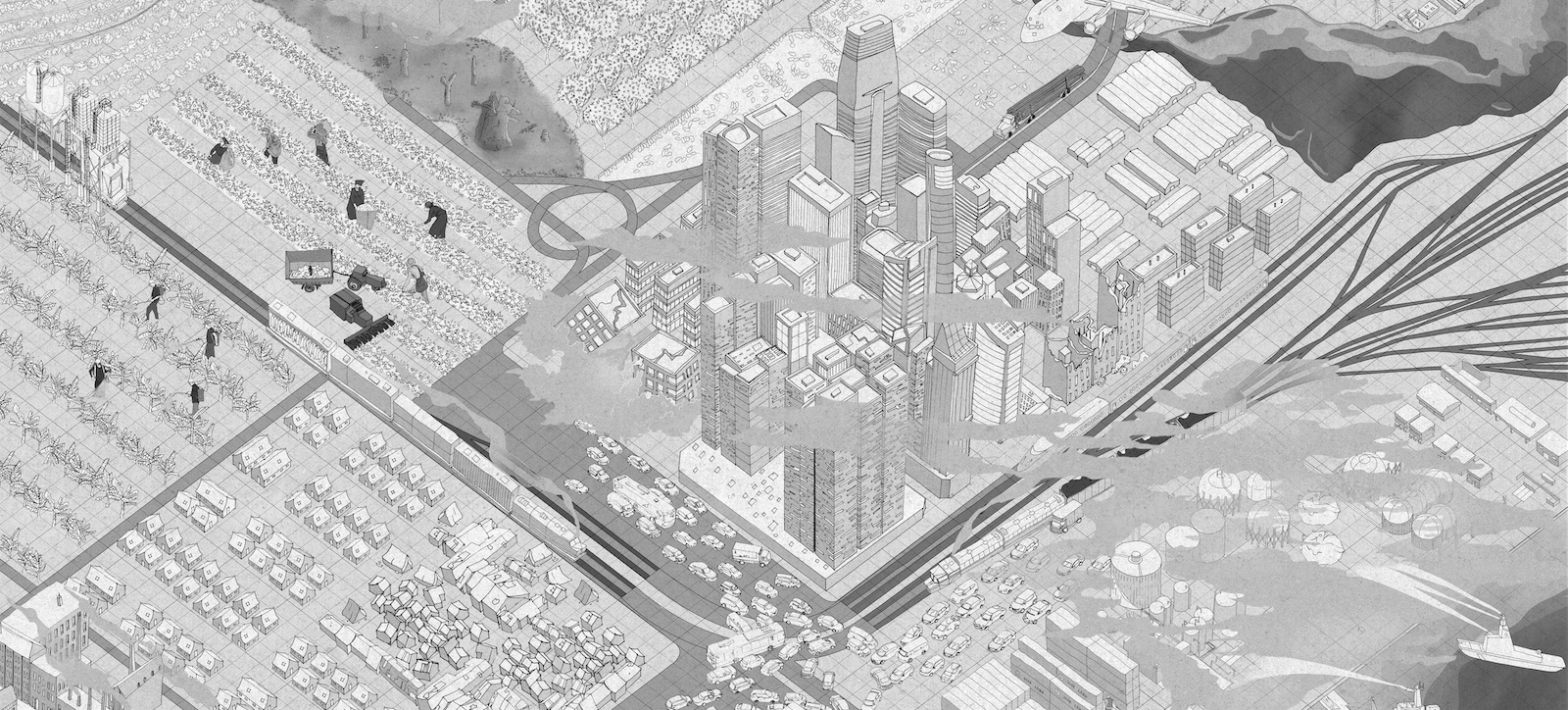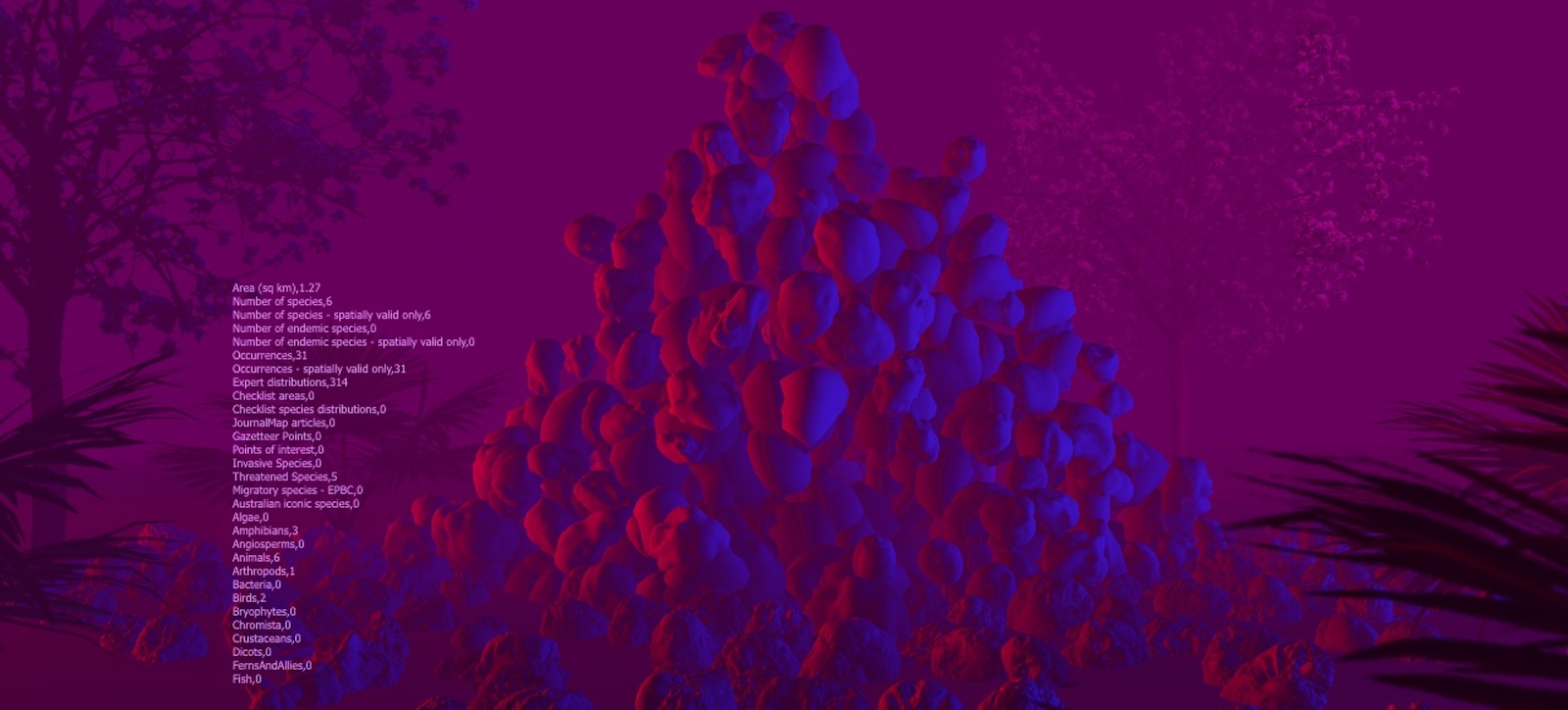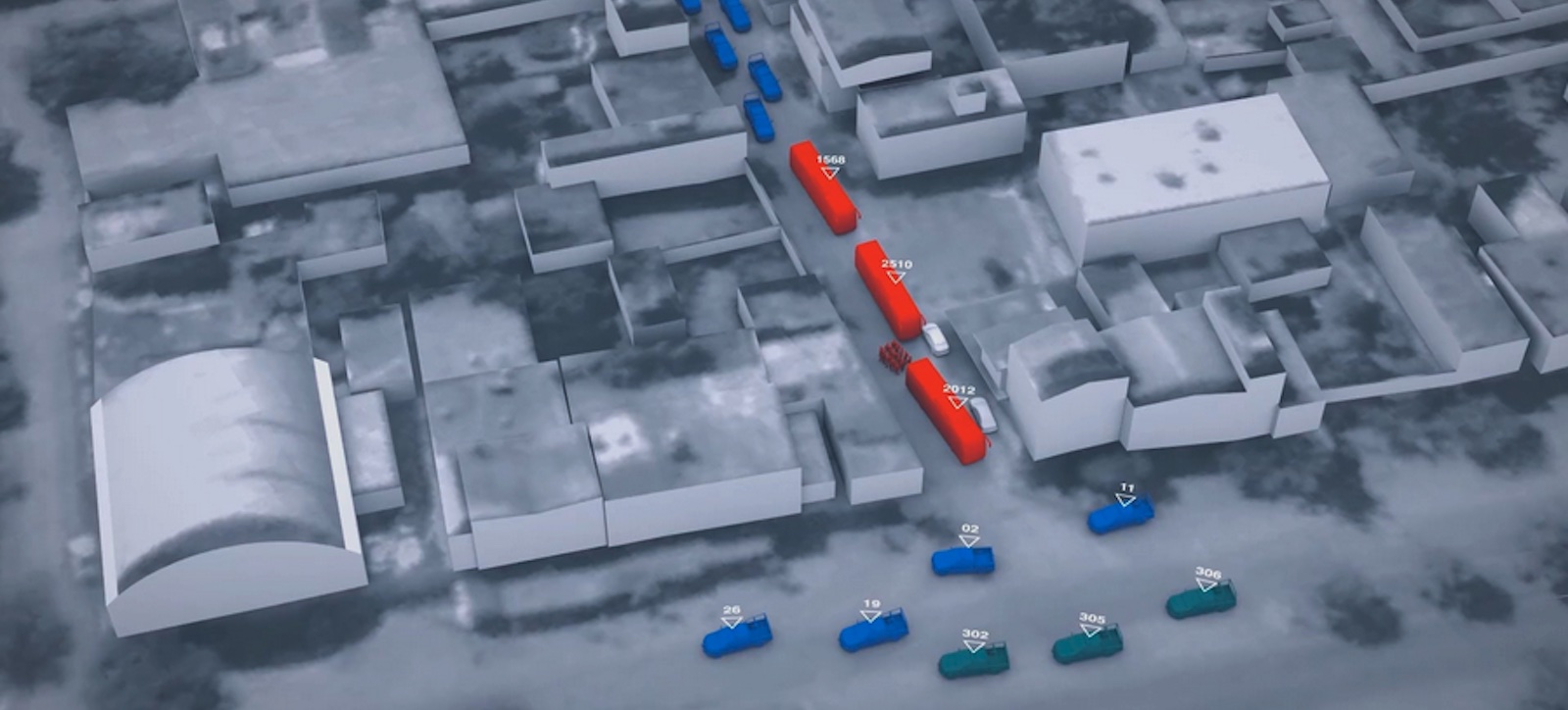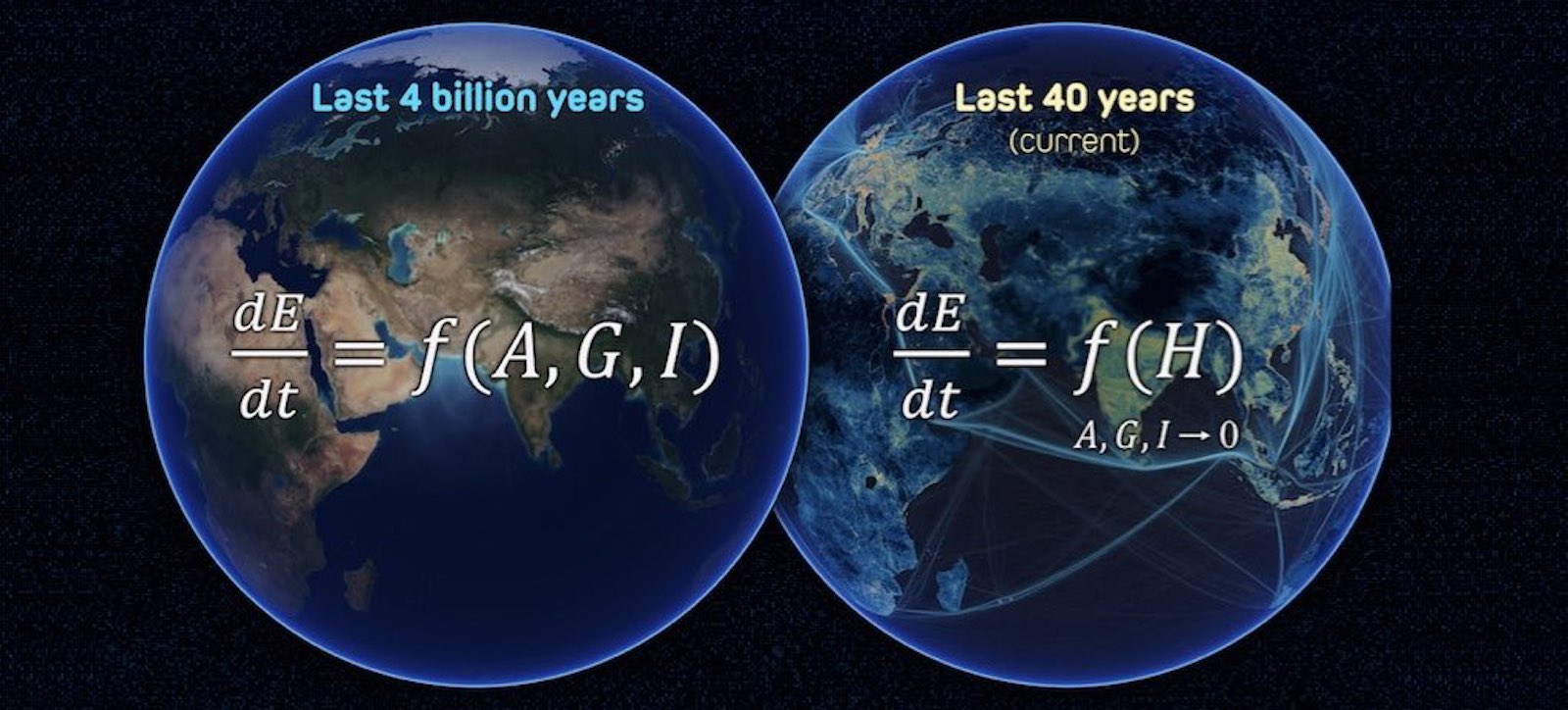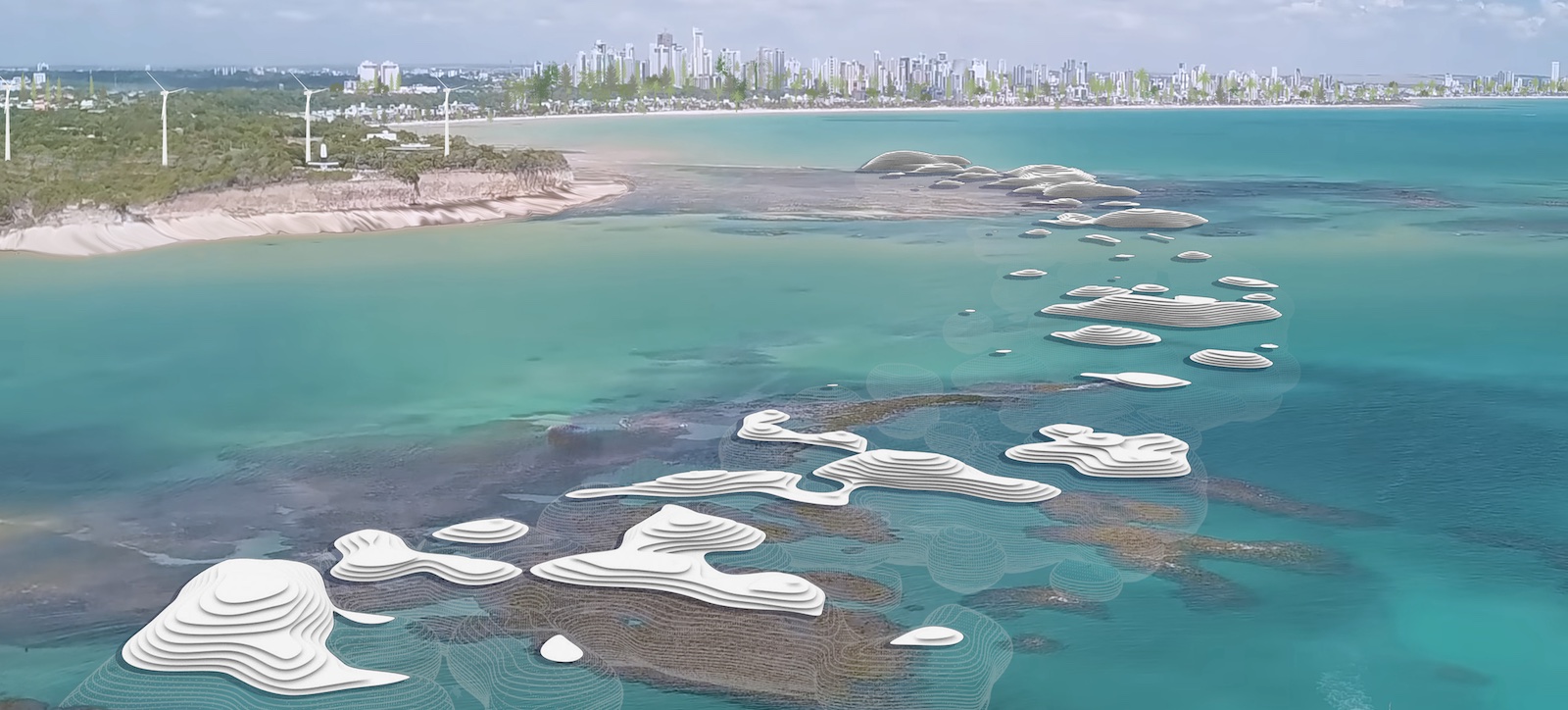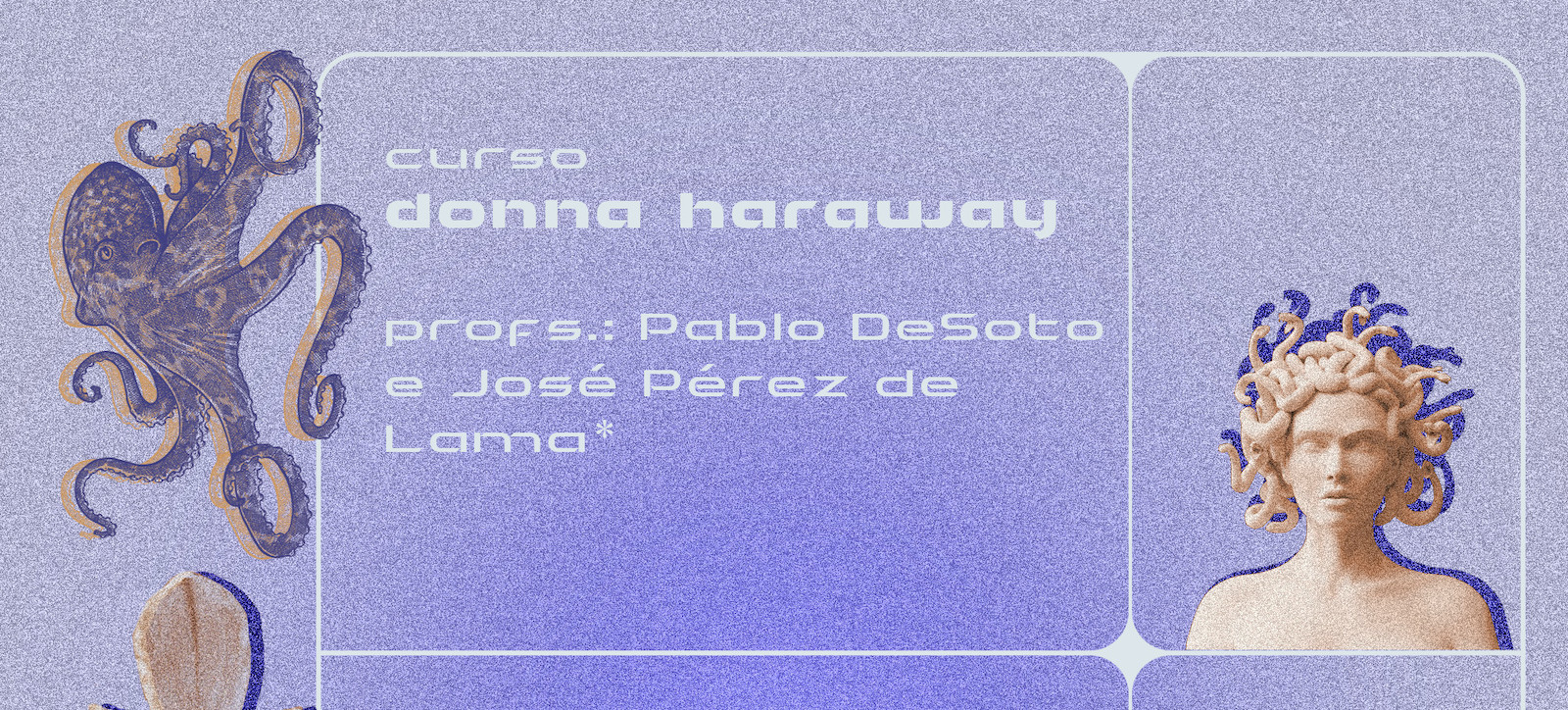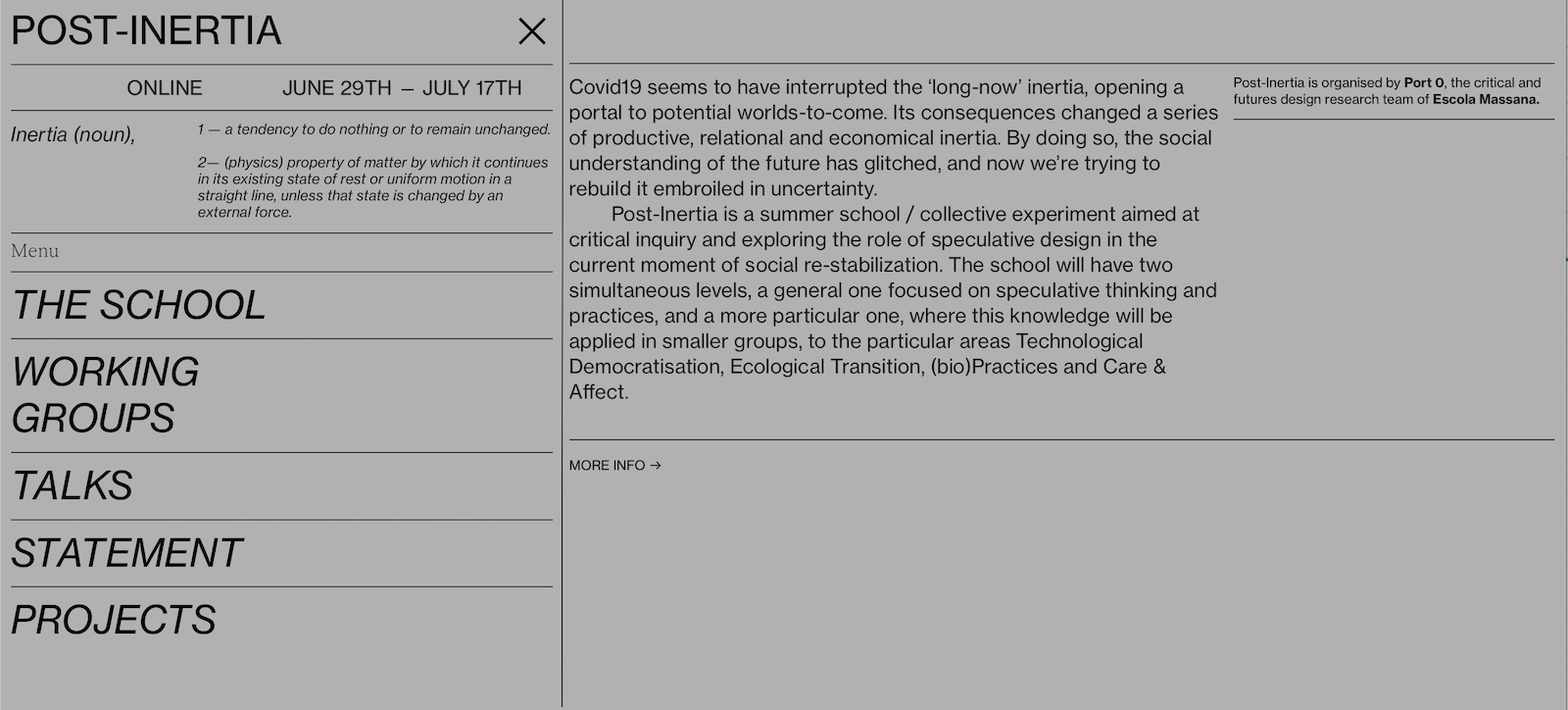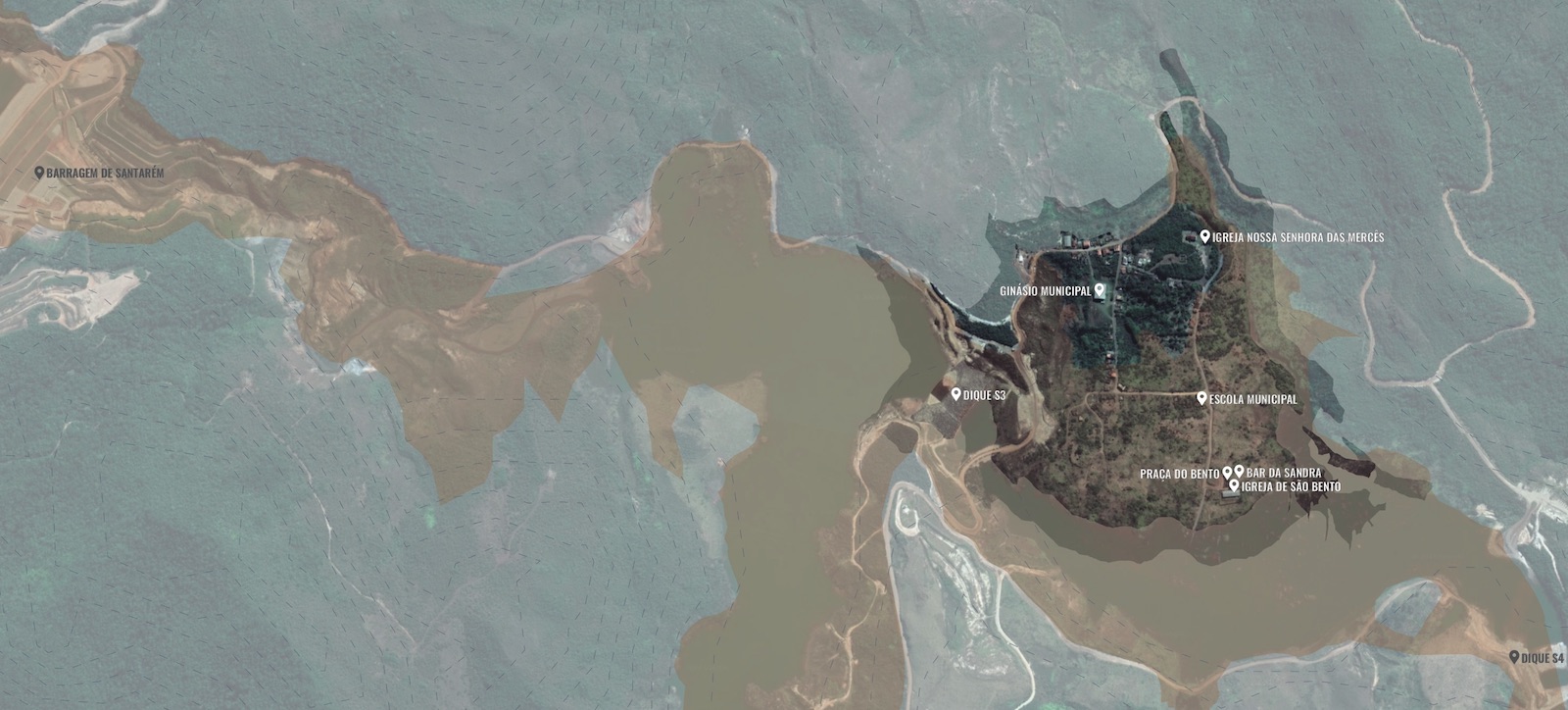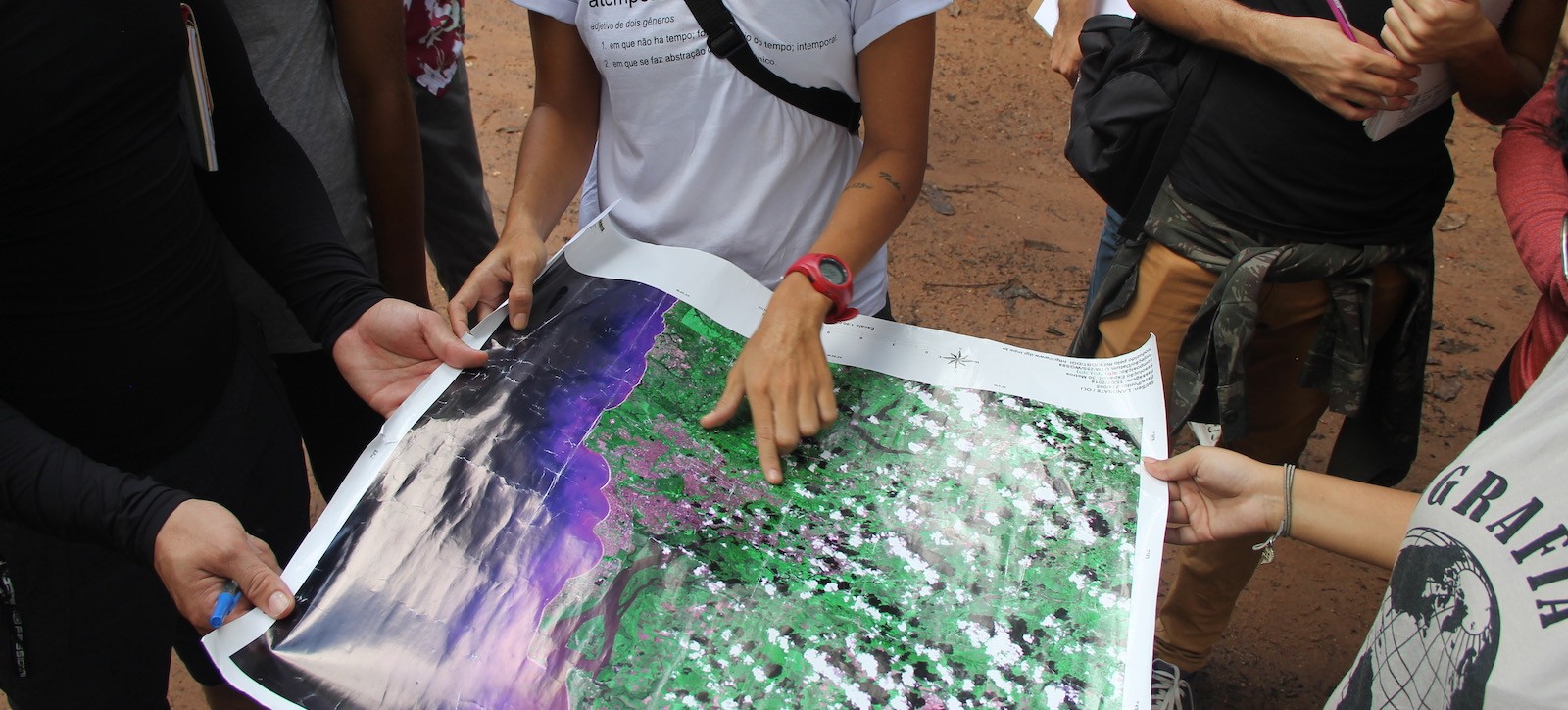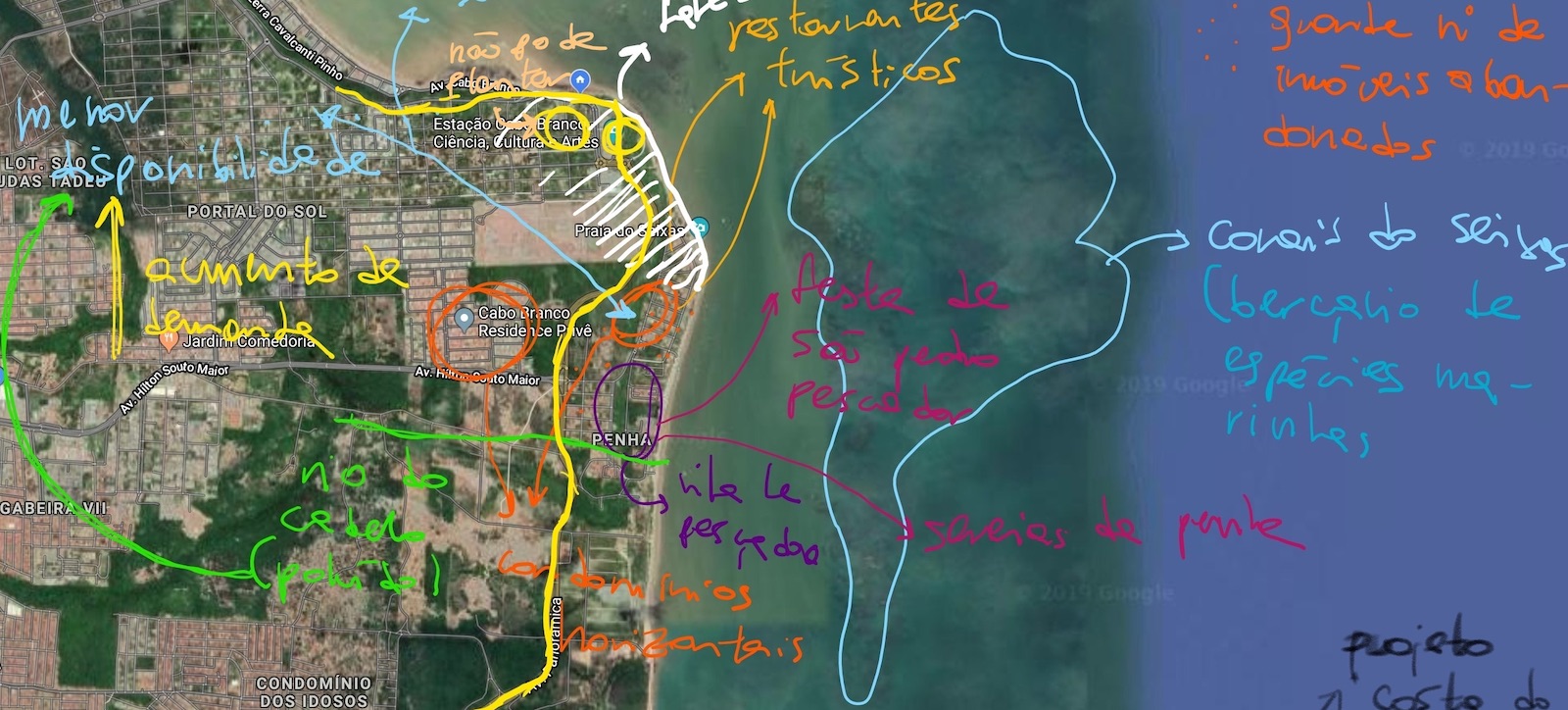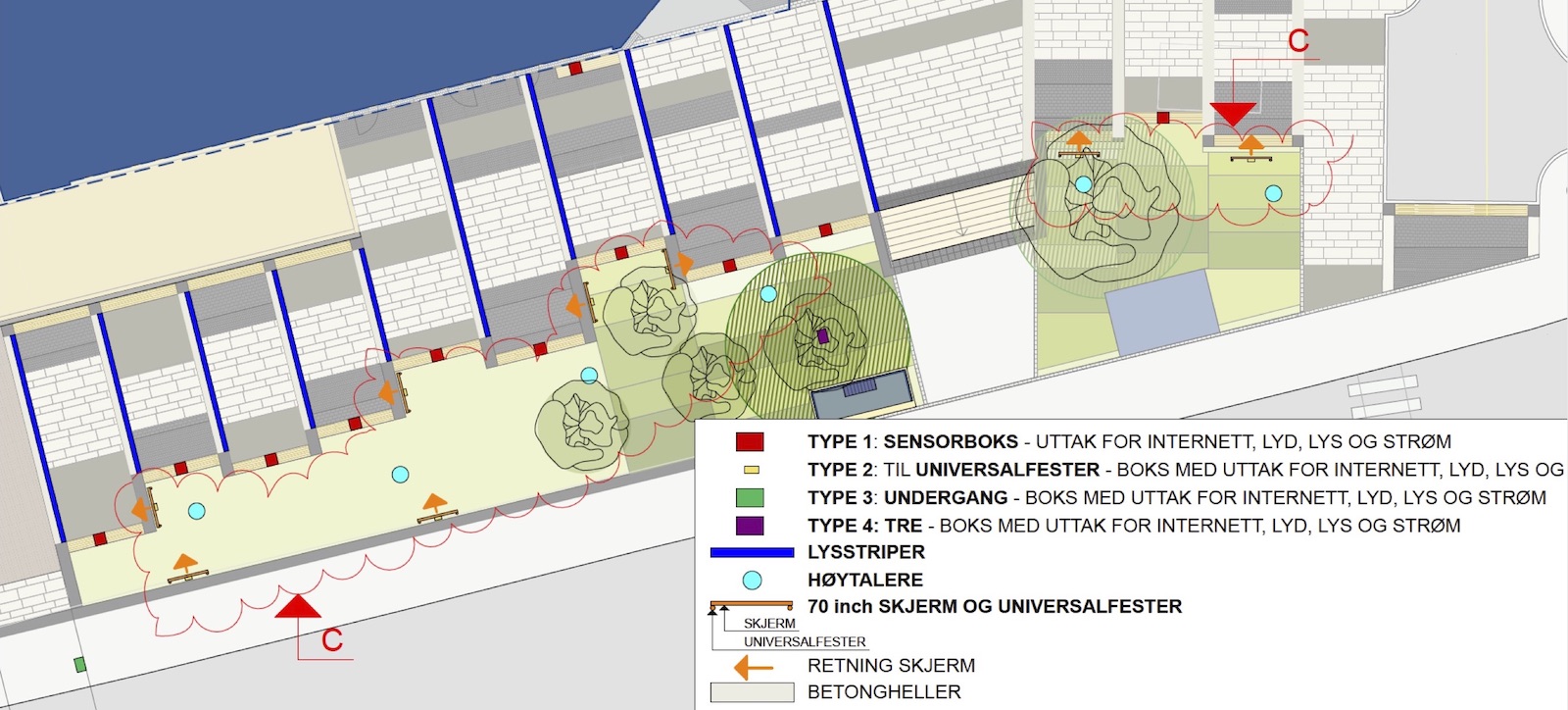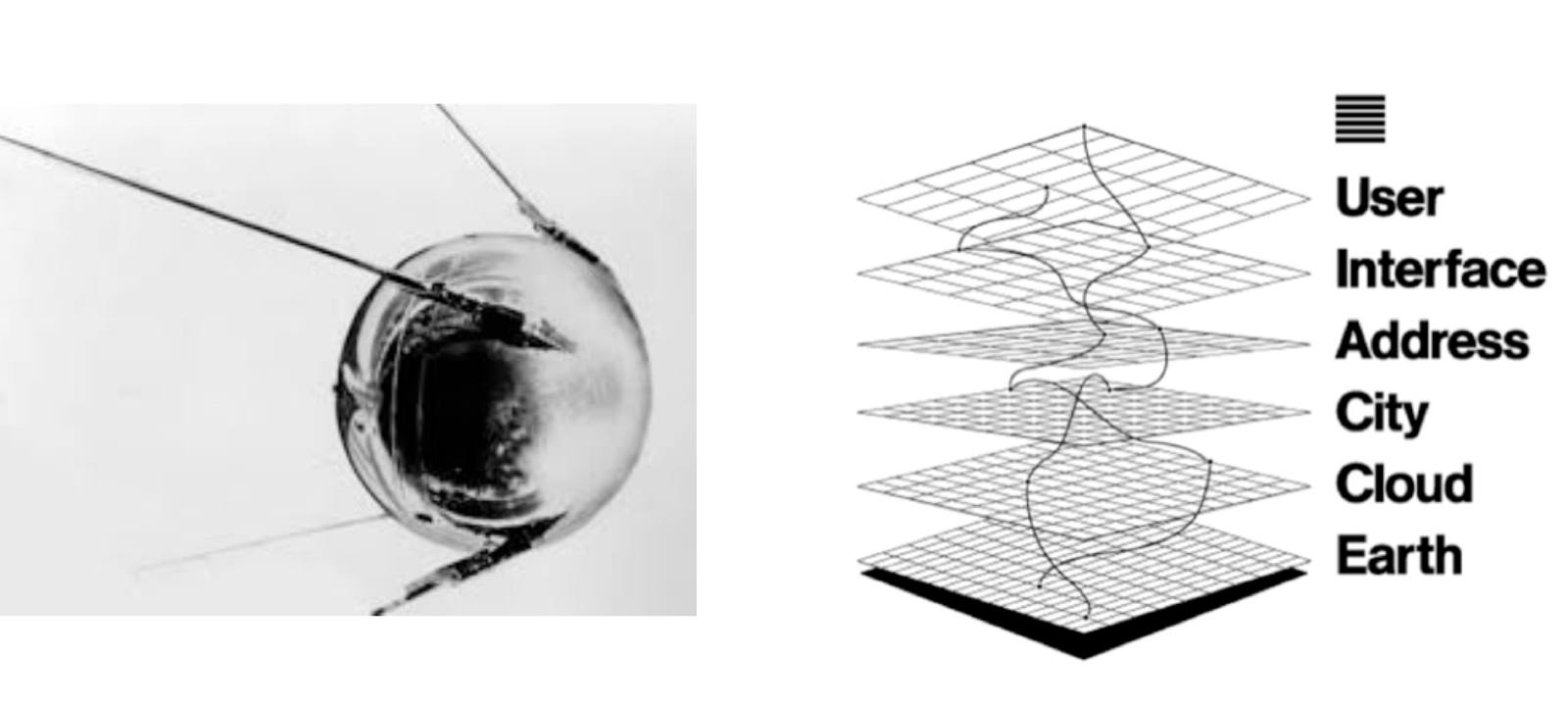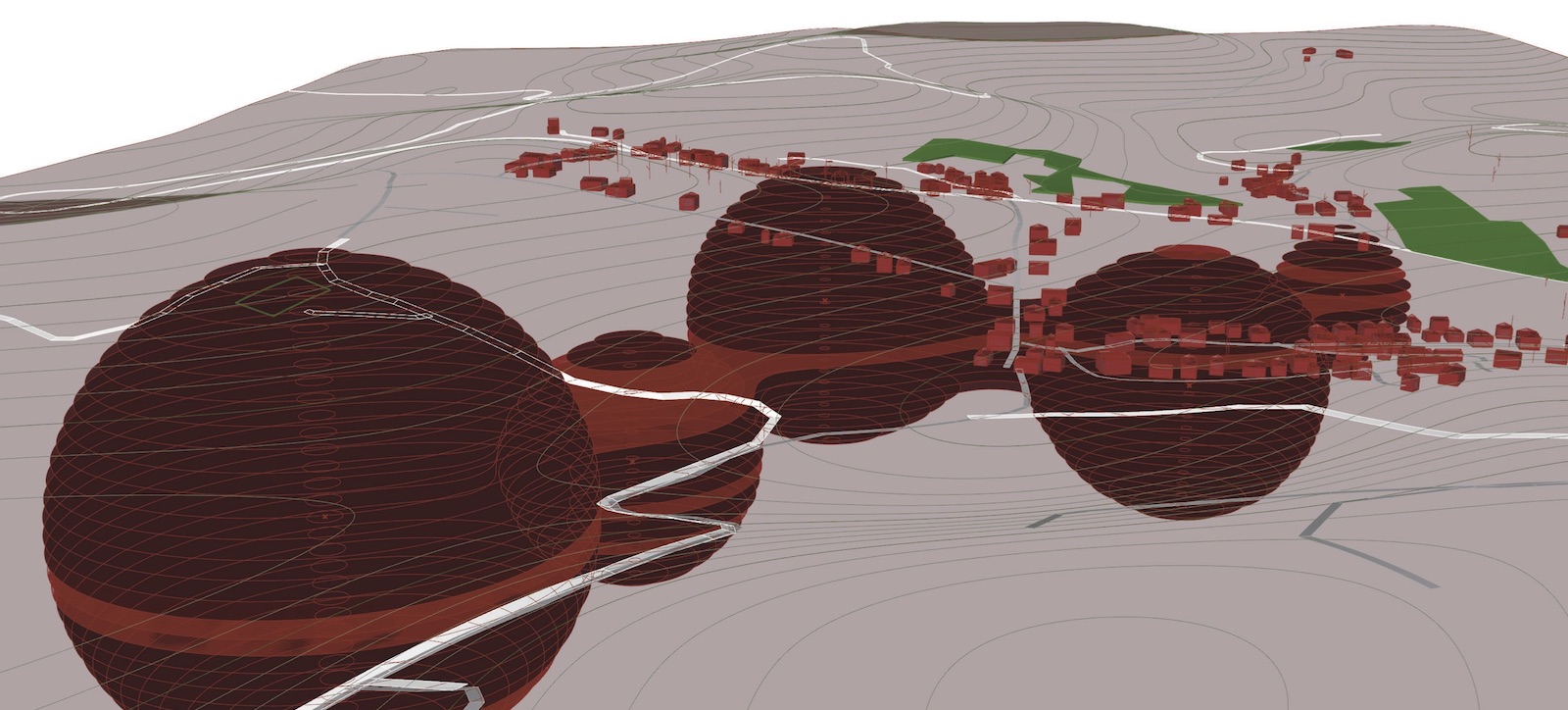2022
2021
2020
2019
2018
2017
Guest Lecturer at Umea University School of Architecture.
Teaching Philosophy
My pedagogic outlook is based on process-oriented methods, investigative schemes and laboratory-oriented methodologies. Modes of working and learning are tried out and developed through unconventional, situated experimentation, which provides a testbed for ideas, prototypes and projects aimed at developing new educational methods operating at the intersection of architecture, emergent technologies and digital commons.
Genuinely mediated through digital technologies, my pedagogical principles emerge from a combination of two strong beliefs and powerful methodological tools:
– In the beginning, there is a lab! The Laboratory here stands for a whole methodology that creates the setting for a collaborative architectural culture and practice, where strategies and proposals are developed through joint practice-based research. This doing-it-with-others approach seeks to generate a work environment where different interrelated subjects and projects can be explored, both individually and in groups, and a shared base for common knowledge and action is established. While architecture is the main discipline, lab methodologies encourage multidisciplinarity. Future architects are trained to also think beyond architecture, to reflect on the discipline in relation to other disciplinary and ontological frameworks.
– In the beginning, there is a map! I understand the concept of map in its Deleuzo-Guattarian sense, as «more action than representation; the map, rather than represent a world that is already given, involves the identification of new components, the creation of new relationships and territories, new machines» (Deleuze & Guattari, 1980). A cartographic practice that «is no longer limited to a drawing that represents a geographical territory in two dimensions – but, as a tool of knowledge and production of the real, it extends to any (re) presentation of a complex situation that situates on the same (metaphorical) relations and heterogeneous elements, social, political, mental or technological processes, events, places, imaginary, etc». In-between the artistic and the scientific modes of cognition, cartography as a learning tool for collective action and agency: the map as performance.

